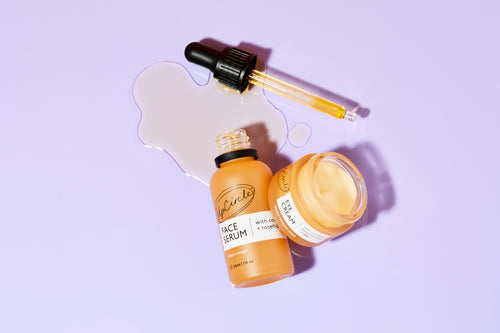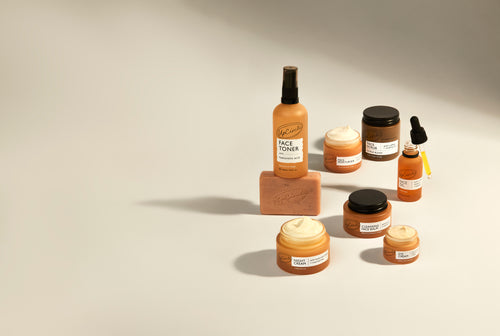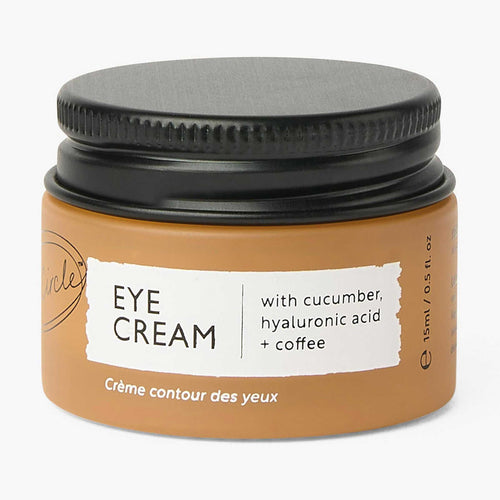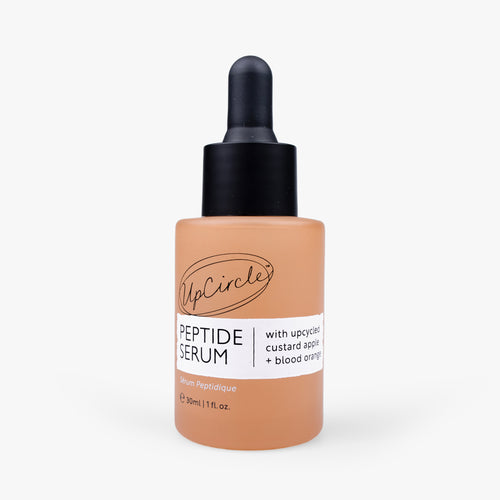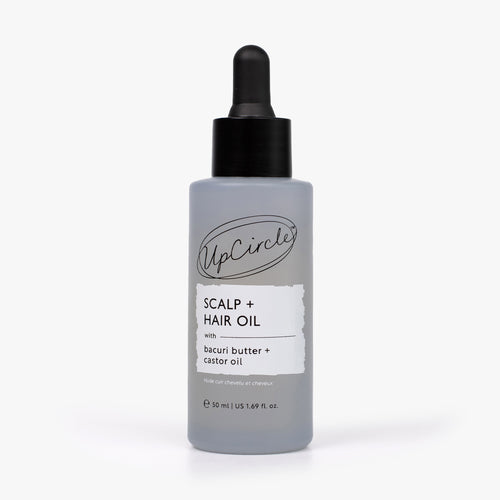Stress is responsible for all sorts of mental and physical problems and the skin is no exception with being reactive to stress. Skin conditions caused by stress and anxiety include rosacea and stress can also worsen existing conditions such as psoriasis and eczema. And that’s before you consider the everyday outbreaks that we all know are worse when we are stressed. Stress and our skin are so connected that there’s even a term for talking about it: psychodermatology.
If your skin is either sensitive or easily reactive, then stress will show on your skin. Then there’s also the fact that when you are stressed you are more likely to skip your usual skincare and self-care routines which keep your skin healthy.
Knowing that stress affects your skin so much, we think it is important to share with you some of our top stress management tips. By taking on board these tips to help manage stress, you can help your skin and your overall wellbeing.
Stress management tips
1. Practise daily skin self-care
Particularly when you are stressed, focus on your skin self-care. These daily routines are grounding and signal to yourself that you’re worth the time and investment, as well as simply helping you to relax. If you’re new to the concept of a skin care self-care routine then you may find our step-by-step guide helpful.
If your skin is particularly reactive to stress, then you’ll need to pay extra attention to this tip. The Sensitive Skin Soother Bundle contains everything you need to look after your skin at all times.
2. Don’t neglect your sleep needs
When we’re stressed, we often feel we need more time, and the only place to steal that from is usually sleeping hours. Whether it’s because you’re lying awake worrying, or simply cramming more into your day. Without a good night’s sleep, stress will soon reign supreme.
Create a sleep routine and wind down in the evening. Switch off screens, and perhaps relax with the aroma of chai spices from a Soy Candle whilst taking a warm bath. It’ll help you nod off when you head to bed.
3. Be active in the day time
An excellent stress buster is exercise. Every day make sure you get some time to exercise. It will burn off stress hormones like cortisol and ensure you can calm your thoughts and reduce their intensity.
4. Eat well
If you stress-eat then you’re contributing to a vicious cycle of stress. There are foods which are good for your skin, but in general a healthy balanced diet will help you combat some of the effects of stress in your life. Foods such as chamomile tea, matcha and garlic are all supposed to help you manage stress.
5. Make valuable connections
With the impact of Covid-19 on society, it’s hard to keep your usual support networks and connections going. However, it’s really important that you try to do this in any way you can; a strong support network is vital to reducing the impact of stress.
Pick up the phone and chat with a loved one, or head out for a bracing walk with a good friend and you’ll start to feel the stress fade away. Even better, laughing is good for your skin! Not only does it help to reduce stress, it increases blood supply as you exercise your facial muscles, giving you a healthy glow.
6.Take some time out
Taking some time out to unwind and relax in the way that you prefer can ensure your stress levels come down a notch or two. Especially if you are now working from home, make sure you have some hours which are away from the pressure of work or the demands of family life. Whether it’s an hour with a good book or some quality time cooking your favourite recipe. Make time for you and incorporate these daily self care habits into your routine.
7. Look outwards
Stress builds when we focus on it. Instead, think of ways you can look beyond the stress. This may be setting yourself a new personal or career based challenge which requires you to learn. Another option is to volunteer. Volunteering can help you to reduce your stress and has been found to have lots of other positive effects on your wellbeing.
8. Get out in nature
Green space protects you against stress. We also know that urban dwellers have a particularly tough time protecting their skin against skin pollution. By getting out into green spaces and the countryside, you can help yourself to manage your stress levels.
9. Learn some stress management techniques
There are all sorts of options when it comes to learning stress management techniques, from yoga through to mindfulness. Make sure you find one which you enjoy and can develop. We particularly love mindfulness, as anyone can do it and it’s not complicated to learn. Throughout the day you can practise it and bring your stress levels down. If you’re a newbie to mindfulness then the Headspace app is very accessible and easy to follow. And back to those sleep problems; Headspace has specific tools which can help.
10. Take control, think positive and accept what you cannot change
Lastly, a lot of stress management is about your mind set. Take control where you can but also learn to accept the things that you simply cannot change. For example, at the moment, large numbers are at risk of redundancy. There’s little you can do about this. Accept it is outside of your control, and focus your energies on what you can control about the situation, such as your new job search. And remember to think positively. If you find that’s tough, perhaps start a daily gratitude list.
By taking on board some of these stress management tips, you’ll also feel more in control. Stress has a nasty habit of snowballing. Stop it in its tracks using the tips above and you’ll see it start to subside. Not only will your skin thank you, your entire wellbeing will improve.

